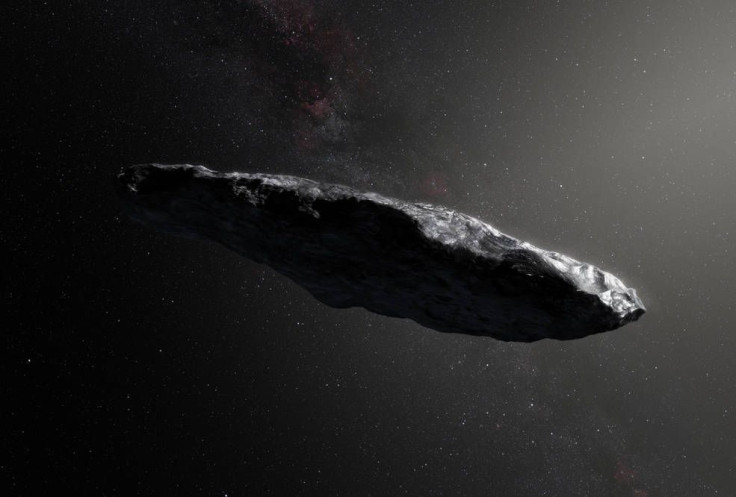International Astronomical Union Officially Classifies New Interstellar Object

The International Astronomical Union (IAU) has officially classified Comet C/2019 as an interstellar object. This is the second interstellar object that came from a different solar system and visited Earth’s neighborhood.
The comet, also known as 2I/Borisov, was named after Gennady Borisov, the astronomer from Crimea who spotted the object earlier this month. Although there have been strong speculations that the object originated from somewhere outside the Solar System, further observations had to be conducted to determine if the comet is really an interstellar object.
Recently, the IAU released a statement to officially classify 2I/Borisov as an interstellar comet.
“After a week of observations by amateur and professional astronomers all over the world, the IAU Minor Planet Center was able to compute a preliminary orbit, which suggested this object was interstellar – only the second such object known to have passed through the Solar System,” the IAU said in a press release.
“The orbit is now sufficiently well known, and the object is unambiguously interstellar in origin; it has received its final designations as the second interstellar object, 2I,” the organization added.
According to the IAU, Comet C/2019 follows a parabolic orbital path that occasionally crosses through the Solar System. This means that the interstellar object will eventually leave Earth’s neighborhood and return to its own system.
As stated by the IAU, the comet is expected to reach its closest distance to Earth and the Sun on Dec. 7. During this time, the object will be about 2 astronomical units or roughly 186 million miles from these two cosmic bodies.
“By December and January, it is expected that it will be at its brightest in the southern sky,” the IAU stated. “It will then begin its outbound journey, eventually leaving the Solar System forever.”
2I/Borisov is the second interstellar object to enter the Solar System after Oumuamua, which was first discovered in 2017. The IAU noted that 2I/Borisov will stay longer in the Solar System compared to its predecessor. This means both professional and amateur astronomers will be able to study and observe the new interstellar object for a long period of time.
© Copyright IBTimes 2024. All rights reserved.





















